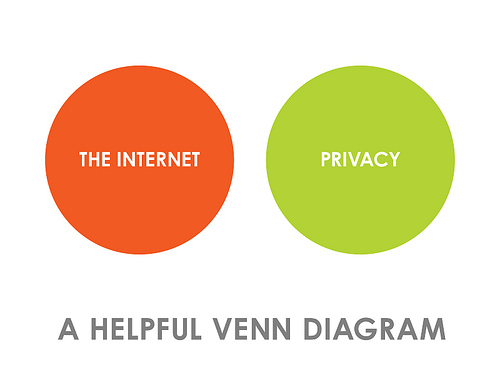The European Parliament has approved the controversial data transfer agreement, the bilateral PNR (passenger name register), with the US which requires European airlines to pass on passenger information, including name, contact details, payment data, itinerary, email and phone numbers to the Department of Homeland Security. Under the new agreement, PNR data will be ‘depersonalized’ after six months and would be moved into a ‘dormant database’ after five years. However the information would still be held for a further 15 years before being fully ‘anonymized.’
I’m so glad that I managed to visit the USA before it became a paranoid concentration camp. The way things go, I don’t think I’ll live long enough to visit it again, without being worried for an arrest and endless detention.
P.S.: And some people still talk about privacy. What privacy?
 Via
Via